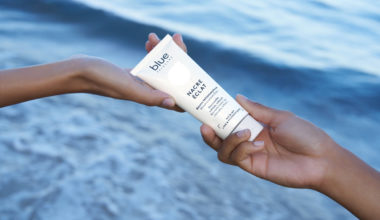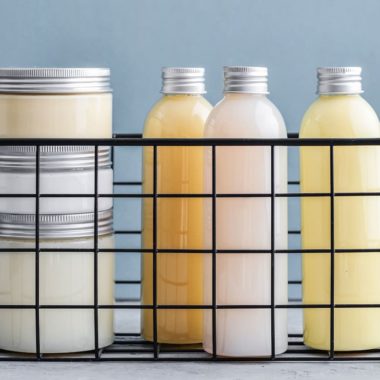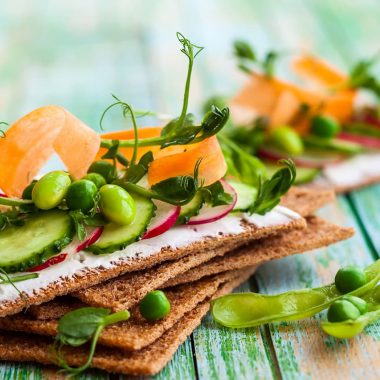When spring is late, winter blues tend to linger. And what if the answer to this temporary depression was to be found on your plate?
Winter blues are a seasonal depression, not to be confused with clinical depression, but something to watch out for anyway… We feel unhappy, we want everything and its opposite, and, commonly, inertia takes precedence over movement. We lose our appetite or we eat compulsively, we sleep less or too much, and in short, everything goes haywire. If on top of that, your weight fluctuates, your morale is affected even more. In this metabolic imbalance, certain neurotransmitters (whose primary role is to enable neurons to communicate with each other) do not function as well. The good news is that a well-crafted diet can be the ideal boost to combat the winter blues by providing the nutrients needed for your neurotransmitters and hormones!
Dopamine, serotonin, and endorphins?
Dopamine, serotonin, and endorphins boost energy, and a good mood, and in a way, are what trigger “doing” anything.
Dopamine is the main hormone in the brain’s reward system and is also involved in motivation, self-esteem, and… addiction. When it comes to pleasure, the source is in the brain, the adrenal glands, and the intestine (tyrosine and phenylalanine are the amino acids responsible). Hence the importance of a healthy gut, mucosa, and intestinal flora. Otherwise, less dopamine leads to fatigue, the desire to remain stagnant, and to eat foods that give “quick rewards”: fast food, soft, fatty, sweet foods that provide immediate comfort but only lead to weight gain and acidic and oxidising compounds to the body.
Serotonin and endorphins are metabolised by tryptophan and together they are responsible for our happiness! Serotonin is also known as the happiness hormone, while endorphins decrease stress hormones. Thus, they must be included in your anti-gloom dishes.
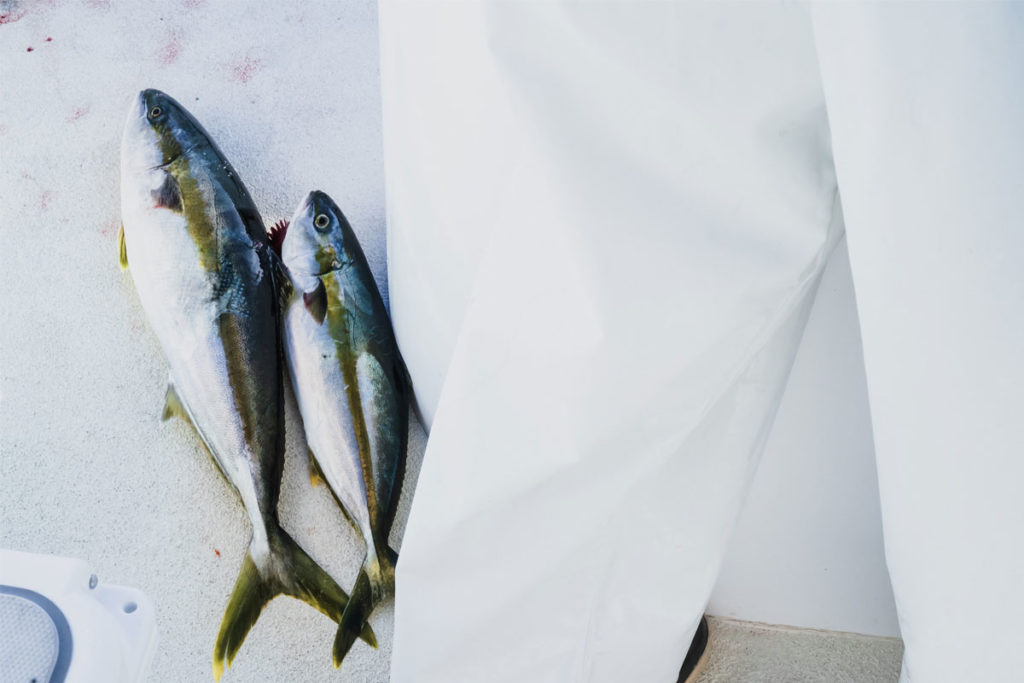
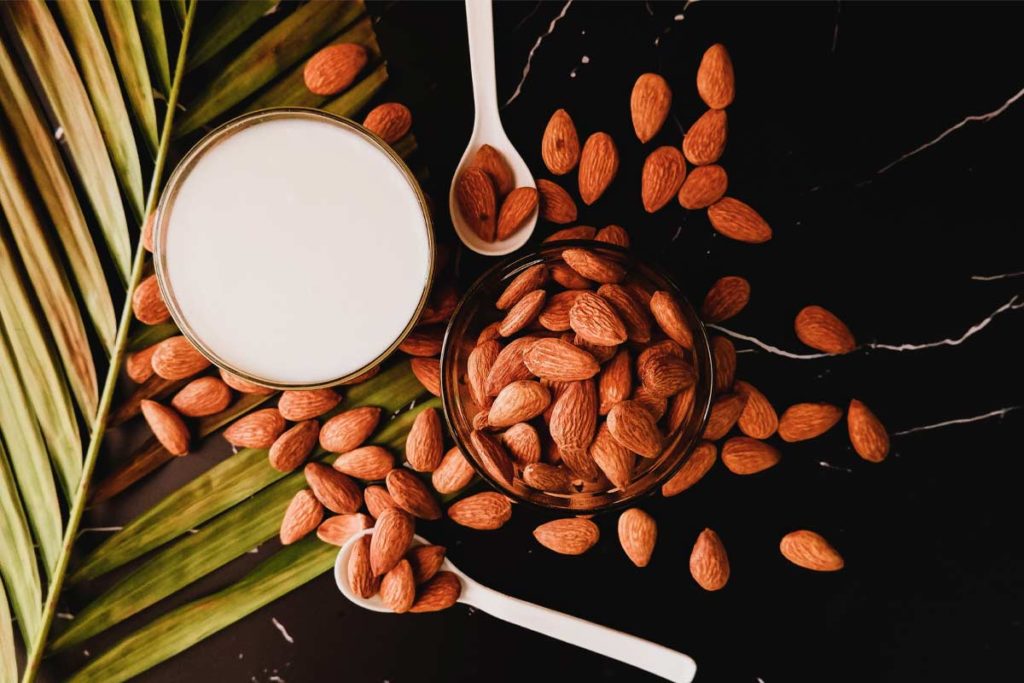
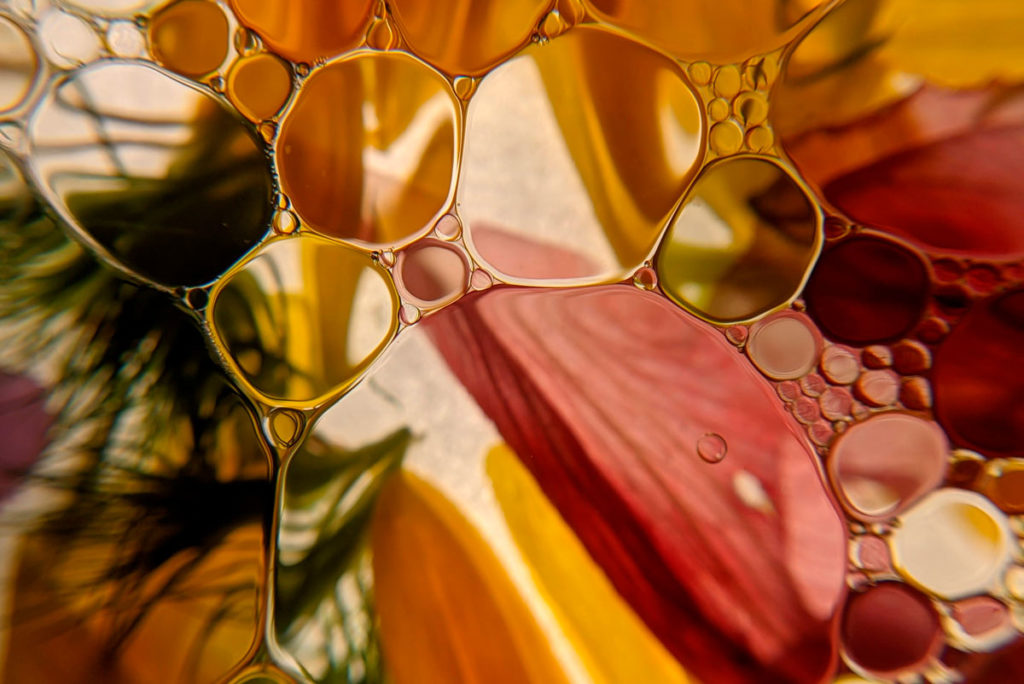
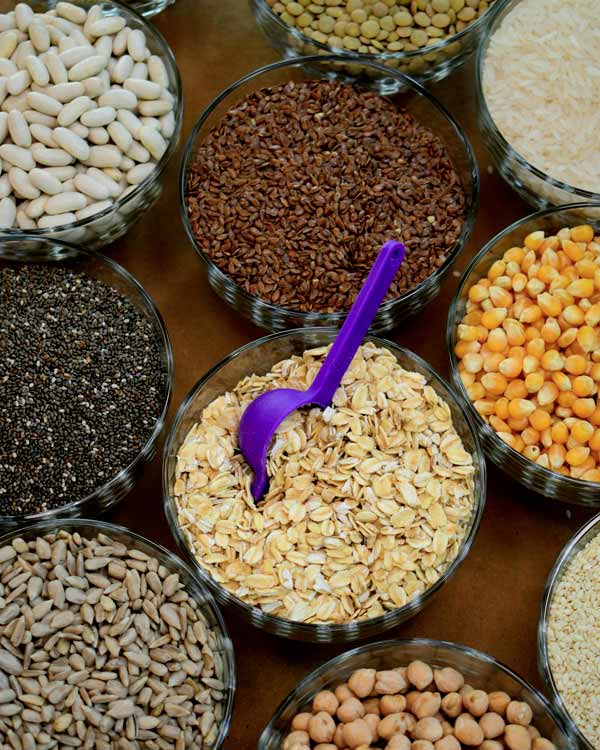

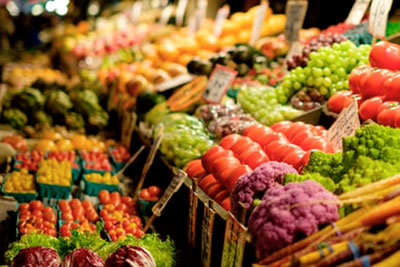
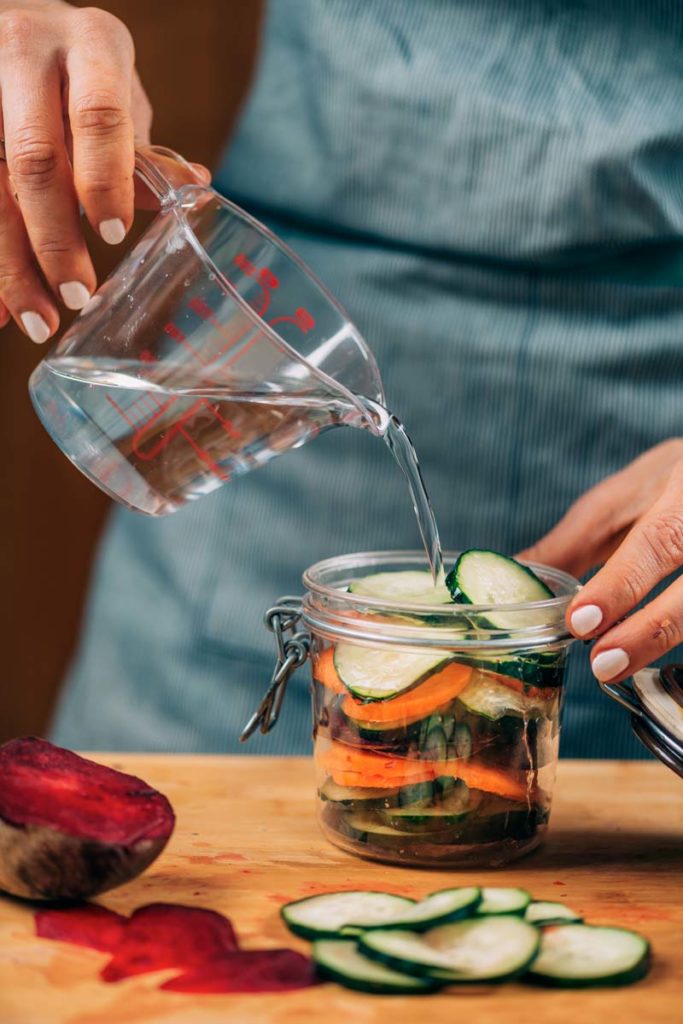
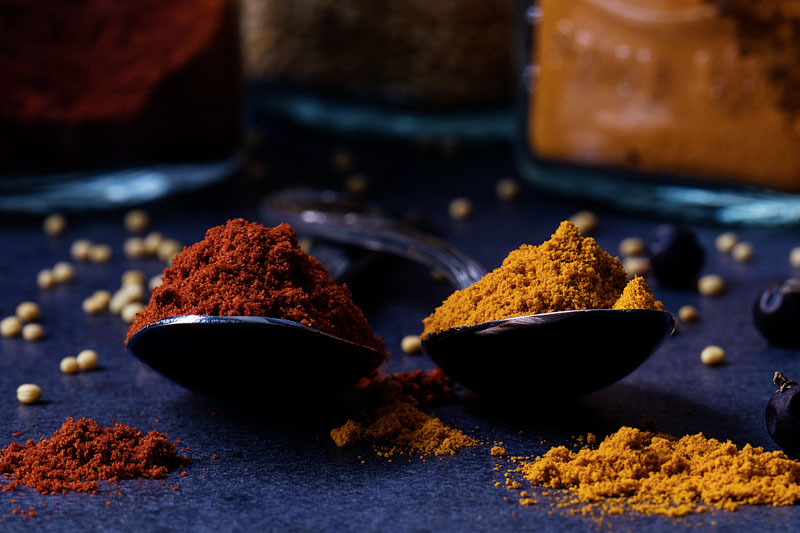
Food that is anti-blues
While we always advocate a balanced and varied diet, during the winter we can increase the proportions of the notorious anti-depression foods. At the top of our selection:
- Fatty fish to be eaten once or twice a week (salmon, sardines, mackerel). These are very rich in omega-3 fatty acids, which are highly beneficial for the prevention of cardiovascular, autoimmune, and neurodegenerative diseases (omega-3 has a positive impact on nerve cells).
- Almonds, hazelnuts, and linseed belong to the oilseed family. Ideally, you should eat about a small handful every day. Rich in omega-3 and magnesium, these oilseeds are natural anti-stress and anti-blues foods.
- High-quality oils such as camelina, walnut, hazelnut, and olive oils provide the necessary fats for cell protection.
- Wholegrain cereals and dried vegetables are rich in healthy complex carbohydrates and fibre needed to provide ‘fuel’ for maximum energy. Moreover, as serotonin boosters thanks to their high tryptophan content, these foods are a good defence against the risks of insomnia and low morale.
- Seasonal fruit and vegetables, rich in fibre and vitamins, minerals, and especially anti-oxidants, have a strong effect on immune and cell protection that act as an anti-fatigue tool. Essential to the function of the digestive system, they prevent constipation, which can often be a source of stress.
- For the digestive tract, consume fermented foods that take care of the intestinal flora. Consider varying the colours of the fruit and vegetables in your diet, bearing in mind that green is particularly popular for boosting energy thanks to its high vitamin B9 content, which helps the nervous system.
- Among the fruits, consider bananas, which are rich in tryptophan, a calming nervous system compound. In addition, it has anti-cramp and anti-acid effects and regulates blood pressure. Pineapple is also a good mood enhancer and a serotonin booster, and it also has anti-inflammatory properties.
- Consider using spices, as there is only one step between the taste buds and the brain, which results in the production of endorphins: joy and a boost in energy.
- Proteins rich in tyrosine and phenylalanine are: parmesan, cod, all hard cheeses, lobster, pumpkin seeds, pistachios, and almonds.
- Indulge in chocolate, a famous endorphins and serotonin promoter. Rich in theobromine, a stimulant similar to caffeine, chocolate is a revitaliser. However, chocolate should not be overeaten to avoid constipation, excess weight gain, and a rise in blood sugar levels.
- Vitamin D supplements should be taken daily (rather than once every 6 months in a more concentrated form) as this vitamin allows for a good uptake of dopamine.
- Limit added sugars (especially sweetened drinks which, in addition to being high in calories, are very acidic) and complex carbs.
Do some physical activity, cultivate moments of happiness, get some fresh air every day regardless of the weather, take in daylight when it’s around, and cuddle. These are the best treatments to promote the production of dopamine, serotonin, endorphins, oxytocin… neurotransmitters to pamper by preparing a plate of anti-blues foods.



